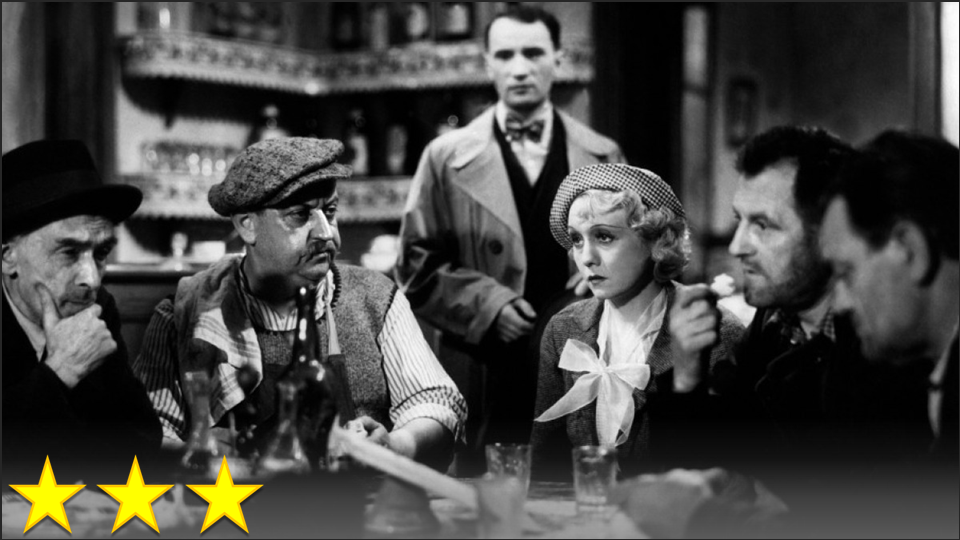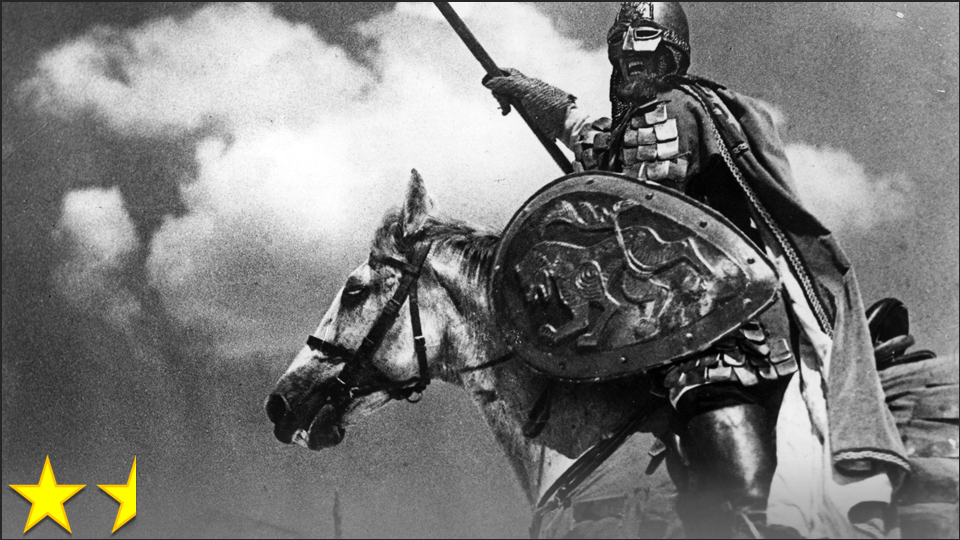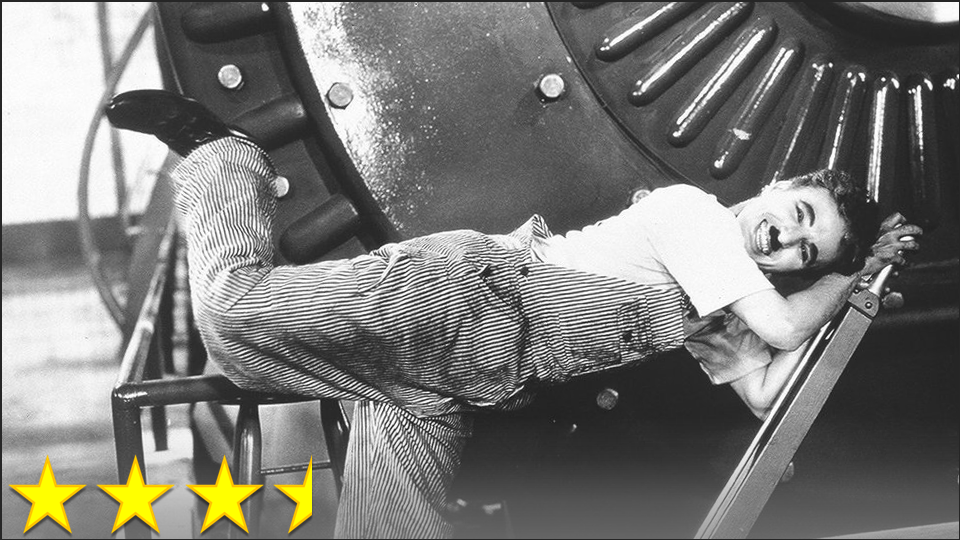I certainly don’t know French cinema well – at all – but the name Jean Renoir did sound familiar, most likely because he’s a very important figure in the history of cinema. Being the globally-ignorant American teenager that I am, it’s hard for me to tell just what it was about Renoir that made him so unique or important. That being said, I was pleased by the one film of his that I’ve seen, The Crime of Monsieur Lange. Sadly, however, I would have to classify this film by a new term I’ve finally invented – tederesting – a combination of tedious and interesting. This describes a work of art that has many elements that peak the viewer’s interest, make the viewer curious, or impress the viewer just enough that he/she is willing to put up with how tedious or boring many elements of it are, and I think this new word is exemplified quite well by this movie.
If I may, I’ll go ahead and spoil the big twist in the movie, largely because it’s very predictable anyway. An evil businessman is reported dead, and the people in his publishing company come together to make ends meet, and while they end up making the company even more successful than before, it looks like their happiness is going to come to an end when it turns out that the businessman is still alive. Apparently, this is supposed to present a strong socialistic message, but I just see it as a standard “greedy man = bad, selfless friends = good” kind of story. Again, I do find the twist predictable, but the way Renoir reveals the twist (multiple times, actually, each retaining its dramatic effect) is certainly masterful. The story doesn’t seem quite focused enough for my tastes, but there are still many elements of it that I like, from the moral questions it brings up, to the perfect portrayal of the villainous Batala, and to the theme of an author becoming the hero he’s written. According the reviews I’ve seen on the internet, this film has a very good pace, but I must have missed that part while I was sleeping. The story simply doesn’t have enough surprising or suspenseful twists and obstacles to fill its already measly 77-minute running time, but that somehow doesn’t keep it from being remarkably fascinating.



